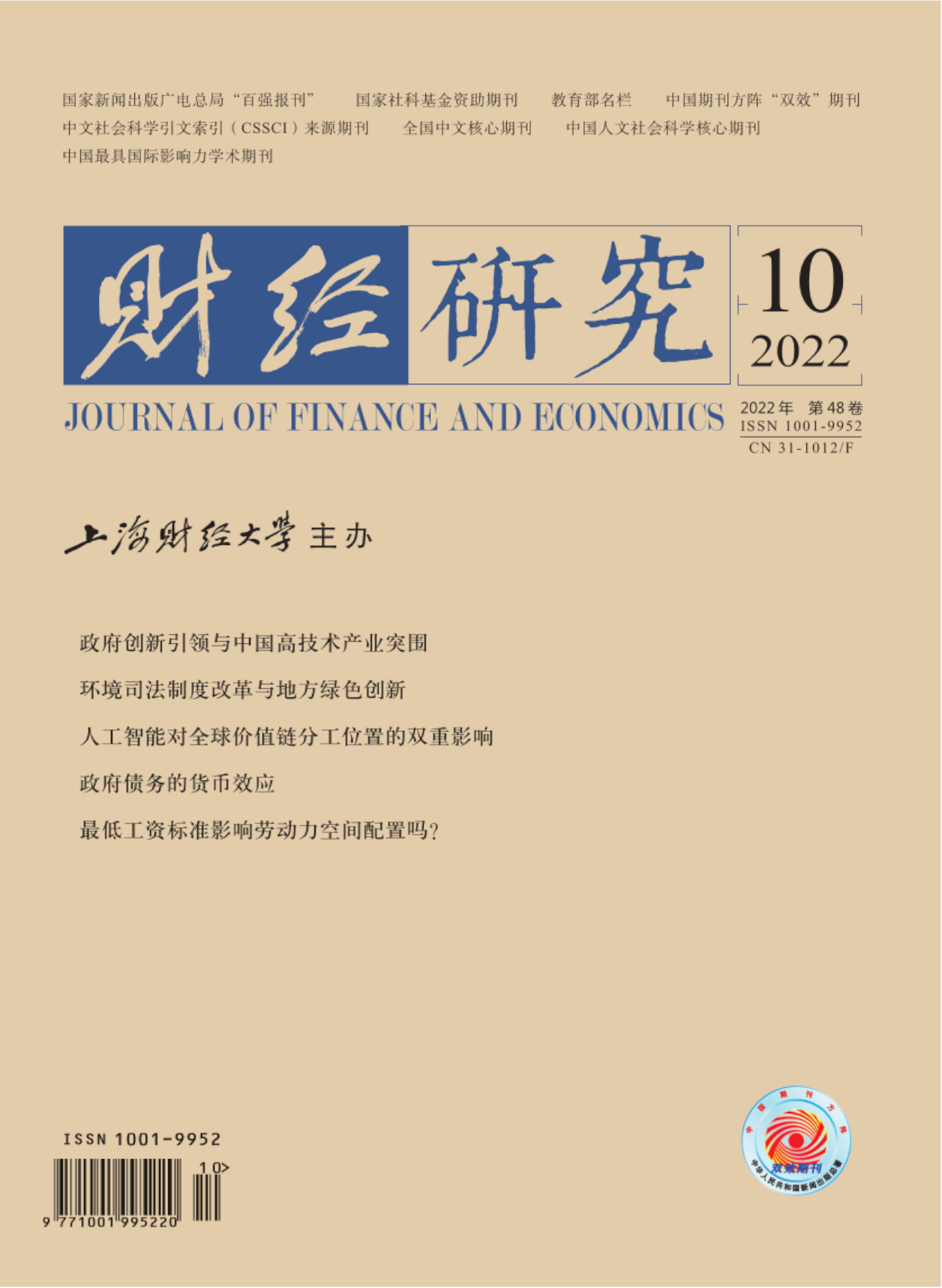In recent years, the global value chain (GVC) has become one of the most important organizational forms of international production. How to better improve GVC position has become the common direction of all countries in the world. The arrival of the intelligent era has brought a new historical opportunity for the rise of GVC position. As one of the most promising technologies in the new round of scientific and technological development, artificial intelligence (AI) not only creates a new mode for global production, but also continuously promotes the transformation from “traditional manufacturing” to “intelligent manufacturing”.
Based on this, this paper uses WIOD database, UIBE GVC indicators database and IFR database, and takes robot, the implementation technology of AI in production, as an example to investigate the impact of robots on GVC position and its spillover effect. The results show that: Firstly, AI can improve GVC position. That is, there is a promotion effect of “make yourself better”. Secondly, different from existing studies, this paper finds that the promotion effect of AI on GVC position is mainly realized by improving industry productivity, creating new labor and improving product quality, although the quality effect is heterogeneous due to the average and fluctuation of product quality in various industries. Thirdly, AI can also “make the world better”, and produce horizontal and forward spillover effects of other countries and other industries by alleviating over-competition among the same industry and reducing the cost performance of intermediate products supplied by upstream industries.
This paper expands the research of AI in the field of trade, and helps to catch the opportunities brought by the era of AI. Today, with domestic “internal circulation” to expand domestic demand and external “dual circulation” to develop in an orderly manner, it is conducive to fully grasping the new opportunities in the era of AI and geting rid of the dilemma of low-end locking.
The contribution is mainly reflected in two aspects: Firstly, different from existing studies, this paper quantifies the role of product quality for the first time, and finds that the quality effect of AI is heterogeneous due to the average and fluctuation of product quality in various industries. To a certain extent, it makes up for the defects of existing studies that ignore product quality and underestimate the impact of productivity. Secondly, in terms of research perspective, this paper not only examines the impact of robots on GVC position in the country and the industry, that is, whether it can “make yourself better”, but also examines the horizontal and vertical spillover effects and mechanisms of robots on GVC position in other countries and other industries, that is, whether and why it can “make the world better”, which provides new evidence for a comprehensive understanding of the economic effect of robotics.





 7180
7180  8640
8640

